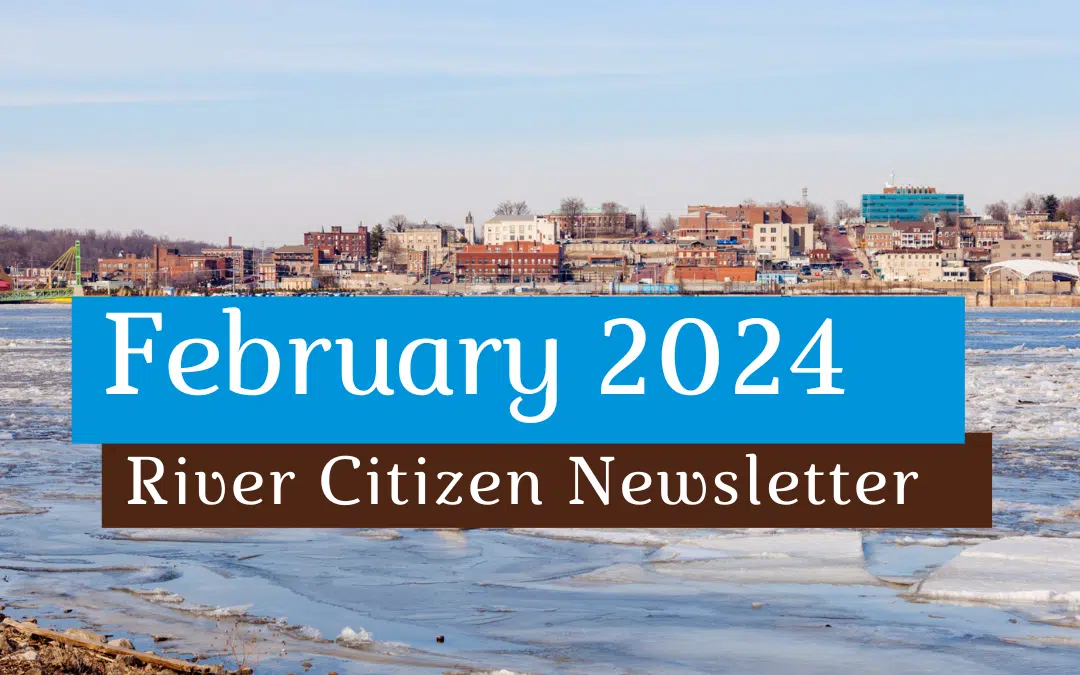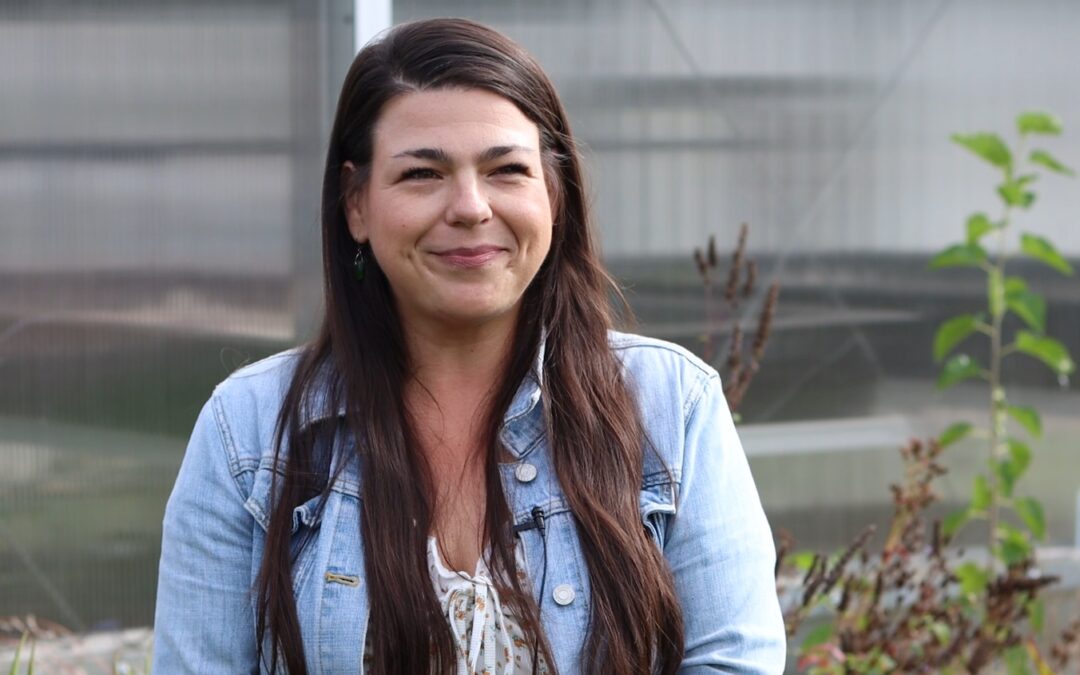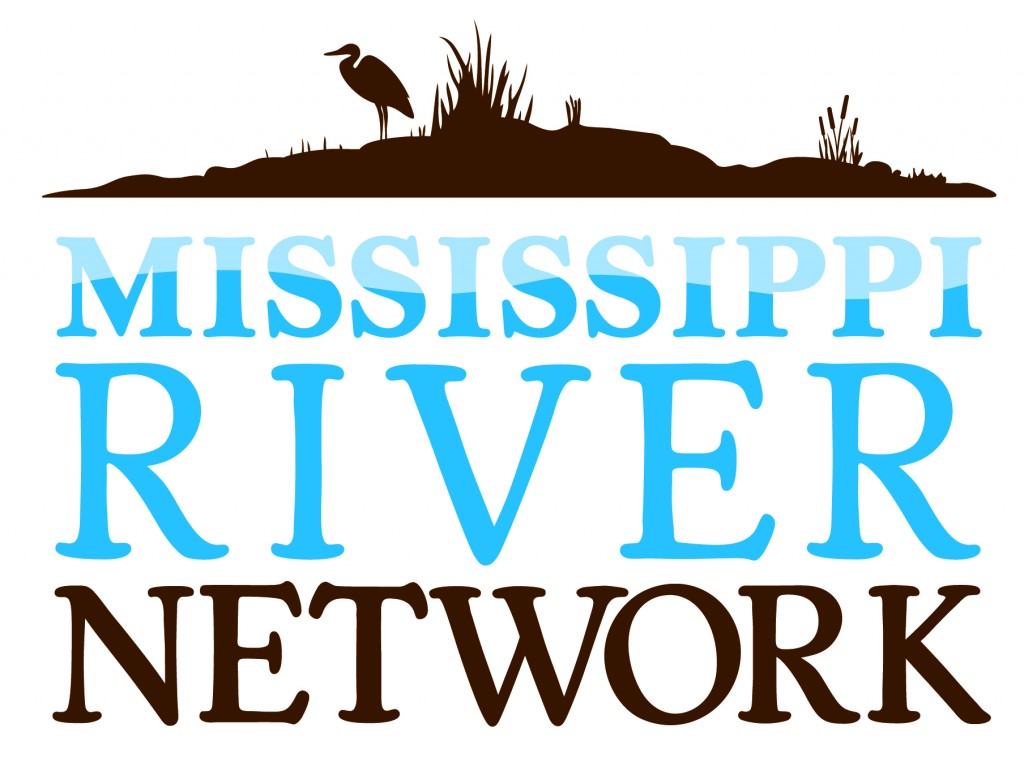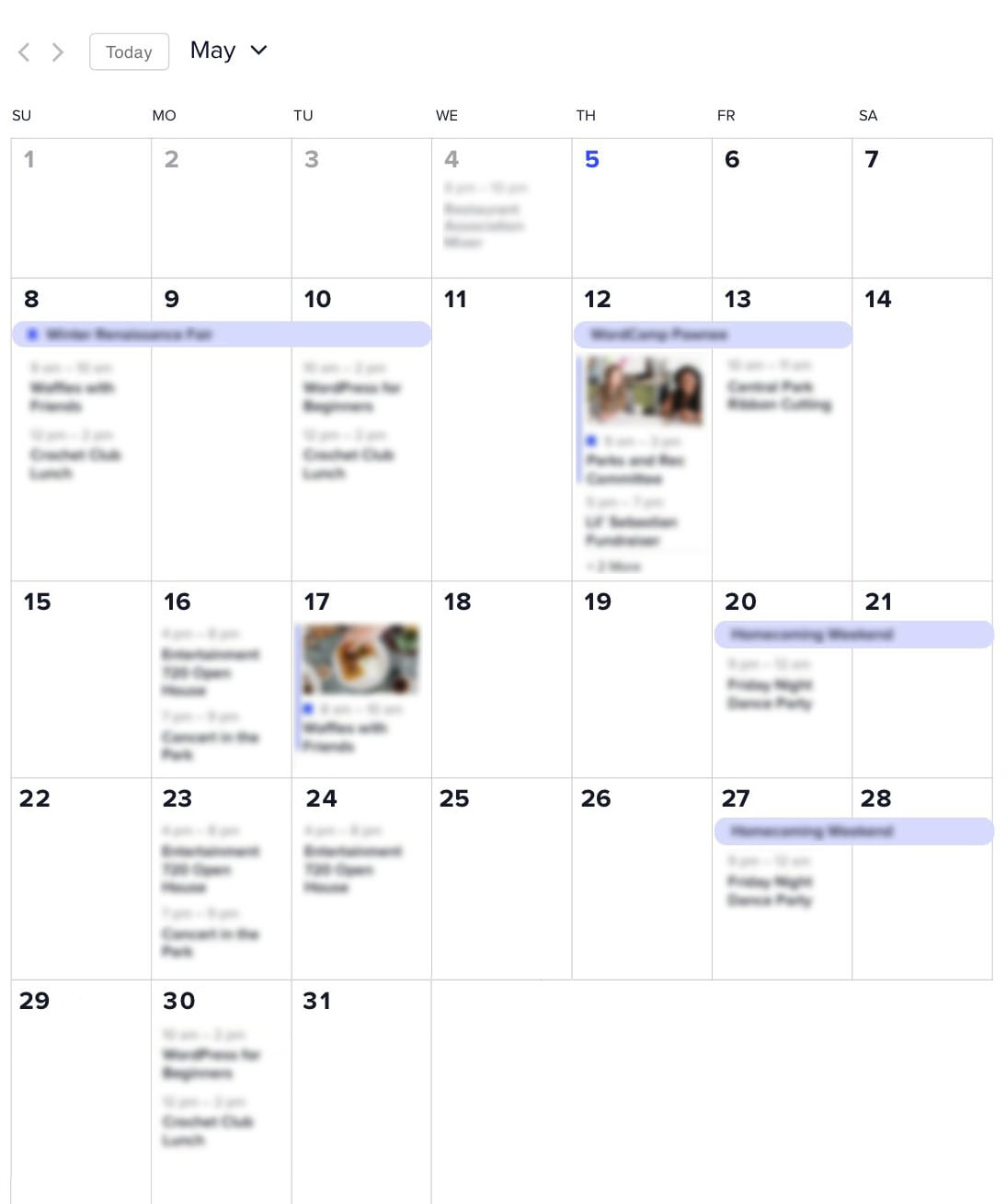Equity and Inclusion
We appreciate that environmental justice and equity work is a journey and not a destination. We recommit every day to this work and lean into our values as a learning organization.
Acknowledgment of the history of racism in the environmental movement
The Mississippi River Network (MRN) recognizes that Black, Indigenous, and People of Color (BIPOC) and their communities all along the Mississippi River are disproportionately and unjustly impacted by pollution, public health disparities, and economic injustices.
We acknowledge the history, patterns, and practices of racism and oppression that define the mainstream American environmental movement. MRN is committed to acknowledging, identifying, and dismantling systemic racism and anti-Blackness within our organization, network, and the larger environmental movement. We recognize the opportunity for environmental justice that exists in every River community from the headwaters to the Gulf.
We acknowledge that MRN’s work takes place on the ancestral and unceded traditional territories of numerous Indigenous peoples. We acknowledge this in recognition of the deep connections Indigenous people have (past and present) with the River and with the intention to work with Indigenous people wherever possible to overcome legacies of colonialism.
Equity in our workplace
At MRN a diverse, inclusive, and equitable workplace is one where all employees and volunteers, whatever their race, age, color, disability, faith, religion, ancestry, national origin, citizenship, sex, sexual orientation, social class, economic class, ethnicity, gender identity, gender expression, and all other identities feel valued and respected.
We are committed to a nondiscriminatory approach and provide equal opportunity for employment and advancement in all our programs. MRN abides by an internal list of milestones to help promote diversity and inclusion in our workplace, and we assess our progress on a weekly basis through team meetings and annually through staff retreats.
Equity in our coalition and beyond
We aspire to be a visible presence that moves the conversation around justice and equity forward in the 10-state Mississippi River corridor.
We respect and value diverse life experiences and heritages and ensure that all voices are valued and heard. We’re committed to modeling diversity and inclusion for the environmental nonprofit sector and to maintaining an inclusive environment with equitable treatment for all.
By appreciating the importance of inclusion, we acknowledge that the collective and individual talents, skills, and perspectives of members, constituent groups, and partners foster a culture of belonging, collaborative practice, innovation, and mutual respect.
To provide informed, authentic leadership for an equitable Mississippi River for the people, land, water, and wildlife, MRN has an internal list of milestones and action items we hope will center equity in our larger Network. Some examples of this are:
- Maintaining and updated an anti-racism resources hub for Network members,
- Sharing and presenting information (through webinars to toolkits) about anti-racism to our Network members at least once a month, and
- Pooling and redistributing resources to underrepresented communities, frontline organizations, and non-MRN members engaged in community-level work.
We appreciate that environmental justice and equity work is a journey and not a destination. We recommit every day to this work and lean into our values as a learning organization.
Key Issues
The Mississippi River Network collaborates with our nearly 60 Network members not only to advance our overall policy goals, but also to implement our public outreach program called 1 Mississippi. MRN’s policy and engagement goals affirm and reinforce one another.
MRN’S THREE OVERALL POLICY GOALS
- promote just, equitable, and resilient communities,
- reduce impacts of agricultural and urban runoff pollution, and
- protect and restore ecosystem form and function.
GUIDING IDEAS & TOPICS
- the Mississippi River is an interconnected system from headwaters to the Gulf,
- good River management builds climate change resiliency,
- floodplain and wetland restoration and reconnection protects people,
- nature-based solutions to flooding provide many co-benefits,
- nutrient pollution reduction and harmful algal blooms are 10-state issue needing 10-state solutions, and
- racial equity and environmental justice are central to environmental policy.
TACTICS & STRATEGIES
- engaging and educating Elected Officials (in Congress and in our state Capitols)
- engaging governmental agencies
- listening to and sharing resources with historically excluded communities,
storytelling and uplifting the myriad of ways people enjoy the Mississippi River - growing and supporting the River Citizen community
- supporting organizational anti-racism in action in our Network members
- generating public, private, and political will for the River.
Current Actions
The Mississippi River Network engages our members and the general public to take policy and advocacy actions that advance our overall goals for the people, land, water, and wildlife of the Mississippi River.
Go to the 1 Mississippi Action Center to take a current action and to view past actions.
Mississippi River Network’s Anti-Racism Resource Hub
Environmental work and racial justice are inexorably linked and in fact, part of the same movement. In order to truly protect water and the River, we must acknowledge Black communities face disproportionate environmental risks and impacts and amplify the work of communities of color. We acknowledge that there are many other oppressed and marginalized groups of people, but this resource at this time is focused on Black, Indigenous, and other People of Color. MRN staff created this living resource to keep ourselves accountable to the commitments we made in our Equity Statement. We hope it can inform your equity journey and will evolve with time. Each tab focuses on a different type of resource. If you have any questions about the resource hub, please email our staff team at info@1mississippi.org. Share this resource: http://bit.ly/MRNAntiRacismHub
HOW DOES FLOODING RISK AND POVERTY OVERLAP IN MISSISSIPPI RIVER STATES?
INTERACT WITH THE MAP BELOW
This map displays flood risk and poverty in your Congressional District. Please explore the map, clicking on Congressional Districts to see the flood risk, percent of people living in poverty, and number of counties in persistent poverty. MRN aims to bring attention to the disproportionate impacts that can be faced by communities in poverty when coupled with flood risk. One of the tools MRN advocates for to assist in reducing these impacts is the Mississippi River Restoration and Resilience Initiative or ‘MRRRI Act’. Learn more about the MRRRI Act here.
Map Details:
All states shown border the Mississippi River. ‘Current risk of flooding’ is defined as the percent of properties identified at risk in 2020 by the First Street Foundation Flood Model Version 1.0.0. Read more about this model here.
The poverty rate comes from poverty estimates from the 5-Year 2015-2019 American Community Survey (ACS). A persistent poverty county is defined as a county that has had poverty rates of 20% or more for the past 30 years. For our calculations, we include a persistent poverty county as part of a Congressional District if at least 5% of that county’s 2016 population lived within the district.
This map was created in partnership with the MITRE Corporation.
Social Media

February 2024 River Citizen Newsletter
Does the Mississippi River have kidneys? Join us in celebrating World Wetlands Day! Plus find more Mississippi River news, events, and happenings in your February 2024 newsletter.
Action Alerts
The Mississippi River Network engages our members and the general public to take policy and advocacy actions that advance our overall goals for the people, land, water, and wildlife of the Mississippi River.
Go to the 1 Mississippi Action Center to take a current action and to view past actions.
News

Conservation Starts on Land at the National Mississippi River Museum & Aquarium
DUBUQUE, IOWA – National River Day is February 2. While it may be tempting to think of the Mississippi River itself when it comes to conservation, the National Mississippi River Museum & Aquarium is urging the public to think about conservation…

